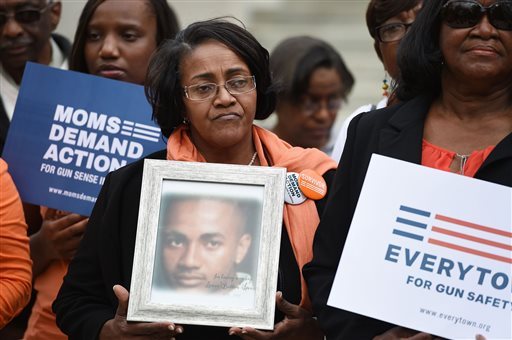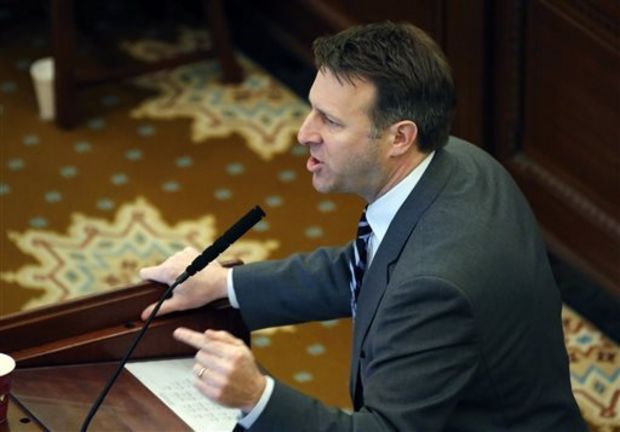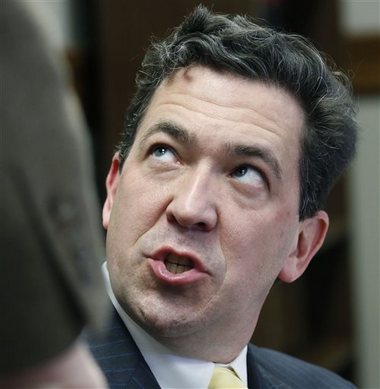

JACKSON, Mississippi (AP) — A Mississippi Senate committee passed a bill Thursday that would allow guns in churches.
Places of worship would be allowed to designate people with concealed carry permits as security personnel under House Bill 786. The bill also would make “reasonably” acting within that capacity a legal defense against criminal charges if they hurt or kill someone.
Each member would be required to have a concealed carry permit and go through firearms training by someone with a law enforcement or military background before getting that legal protection.
The bill also makes another change to Mississippi gun law. The state already allows some people to carry concealed weapons in handbags or satchels. The bill would allow concealed weapons in holsters or sheaths.
Anyone convicted of a violent felony or declared mentally unstable would not qualify for a concealed carry permit.
Faith leaders and mothers who’ve lost children to gun violence rallied on the Capitol steps and attended the committee hearing to oppose the bill. Opponents said the bill would put more guns on the street and endanger Mississippians.
Lucy McBath, whose son Jordan Davis was shot and killed at a Jacksonville, Florida, gas station in 2012, joined the opposition group. She said the bill’s name, the Church Protection Act, was “highly offensive” because it would actually leave law enforcement less able to protect people.
“Having been a direct victim of gun violence, I can speak to the outrageous danger having more guns out there creates,” she said. “It’s disheartening when legislators don’t understand it’s about more than statistics. They don’t understand how devastating it can be.”
Shirley Davis, head of the Mississippi chapter of Moms Demand Action for Gun Sense in America, said the bill makes it too easy for people to carry weapons.
“We’re not entirely against guns,” she said. “But we are interested in responsible gun ownership.”
The full Senate gets the measure next. The bill passed the House of Representatives Feb. 17 after a vote split mostly along party lines, with Republicans voting for the bill and Democrats voting against.




Be the first to comment